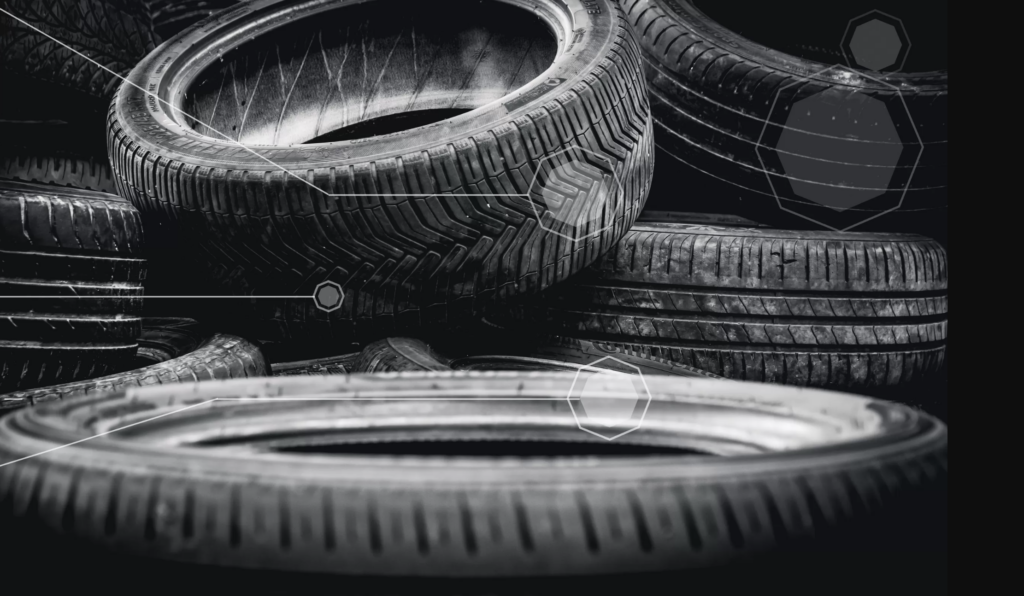[ad_1]
Krzyszto Wroblew explores the rising curiosity in sourcing sustainable feedstocks within the tyre {industry}
Applied sciences developed over the previous couple of years permit tyre producers to design tyres with round and sustainable uncooked supplies. Nonetheless, there’s a major impediment at play: scalability.
The pyrolysis {industry}, whose present provide capacities are inadequate, is increasing quickly to satisfy demand. Tyre producers want to supply recovered Carbon Black (rCB), recovered metal, and recovered pyrolysis oil as a round feedstock to provide extra sustainable carbon black grades. A strong document of high quality merchandise and rising quantity would additionally assist to drive the rising demand for these sustainable feedstocks.
However many tyre producers are nonetheless fairly cautious in incorporating circularity into their enterprise fashions. That is comprehensible as international firms want dependable companions and the rCB {industry} remains to be in its infancy. So what does the rCB {industry} must do to draw extra prospects and reach rising circularity within the tyre industries? The secret’s tighter collaboration to hurry up innovation adoption inside the {industry}.
Collaboration: dashing up the tempo of innovation
If the tyre and automotive industries are to understand extra circularity and sustainability, stronger collaboration is an important step in addressing some essential challenges going through the nascent rCB {industry}. Because the rCB {industry} remains to be underneath growth, it wants new requirements to outline rCB varieties and their high quality to make the product simpler to make use of and belief. Pyrolysis strategies differ and use distinct end-of-life tyre (ELT) feedstock ratios, producing rCBs of various composition and high quality. The extra requirements within the {industry}, the extra gamers can implement sustainable feedstocks into their manufacturing course of.

Just a few auxiliary applied sciences may also enhance the tempo of sustainable feedstock adoption. Corporations should put together ready-to-use rCB for particular {industry} wants, and collaboration is essential to adjusting totally different elements of the rCB again finish. That features milling the rCB to a powder or pelletising and drying it to industry-required requirements, making certain the product may be dealt with correctly by totally different industries and with totally different utilization.
Then there’s the necessity to publish extra high quality requirements. ASTM Committee D36 is growing strategies to measure rCB parameters which can permit differentiating between numerous rCB merchandise and their manufacturing processes and can suggest high quality management instruments for producers and customers. This can enhance market adoption since high quality testing will likely be broadly obtainable for gamers trying to change virgin feedstock with a brand new, sustainable various.
Recycling options: a partnership instance
Tyre producers, rCB producers, and waste collectors can even collaborate to make sure slender feedstock choice, which may influence the reinforcing properties of rCB, making it extra enticing for particular makes use of. As an example, Contec collaborates with Tyre Recycling Options (TRS), international options suppliers for end-of-life tyre assortment, processing, and recycling. Because the two share the identical imaginative and prescient of implementing circularity inside the rubber and tyre manufacturing {industry}, they work collectively to analysis and develop higher methods of bringing recycled rubber feedstock into the tyre and automotive {industry}. Becoming a member of R&D and engineering efforts facilitates collaboration and progressive options for waste administration and feedstock high quality checks. Considered one of these options is utilizing particular elements of tyres as a feedstock for the pyrolysis to evaluate the affect on the rCB efficiency.
Each case research of profitable, workable options lowers funding dangers and makes it simpler for the rCB {industry} to draw investments and pace the adoption of its sustainable feedstocks
Collaboration not solely will increase the tempo of innovation but additionally will increase a vital variable within the financial system: demand. By collaborating, it’s doable to point out extra (examined and standardised) functions for progressive sustainable uncooked supplies like rCB. This will increase the {industry} demand not solely resulting from regulatory restrictions on virgin carbon utilization but additionally in terms of the adoption of progressive expertise. Moreover, elevated demand brings extra funding to the {industry}—permitting collaboration between R&D groups and buyers.
By voicing our demand, we are able to convey extra funding to the {industry}, rising innovation and collaboration—and in the end, enhancing circularity and sustainability. Every declared rCB kilotonne bought each year issues. Each case research of profitable, workable options lowers funding dangers and makes it simpler for the rCB {industry} to draw investments and pace the adoption of its sustainable feedstocks. Solely by rising industrial volumes can the rCB {industry} guarantee high quality and sustainability. By collaborating with buyers, suppliers, and patrons, we are able to efficiently decarbonise the tyre {industry} and get nearer to assembly its environmental, social, and governance targets.
The opinions expressed listed here are these of the creator and don’t essentially mirror the positions of Automotive World Ltd.
Krzysztof Wróblew is Chief Govt at Contec
The Automotive World Remark column is open to automotive {industry} resolution makers and influencers. If you need to contribute a Remark article, please contact [email protected]
[ad_2]

